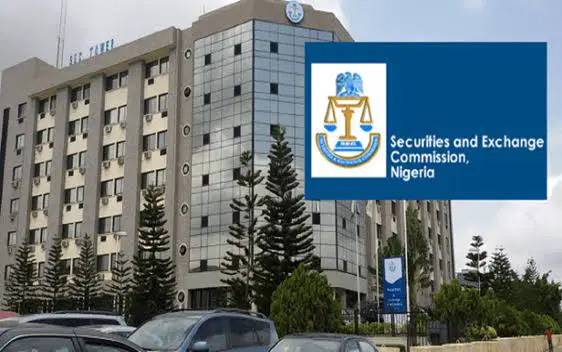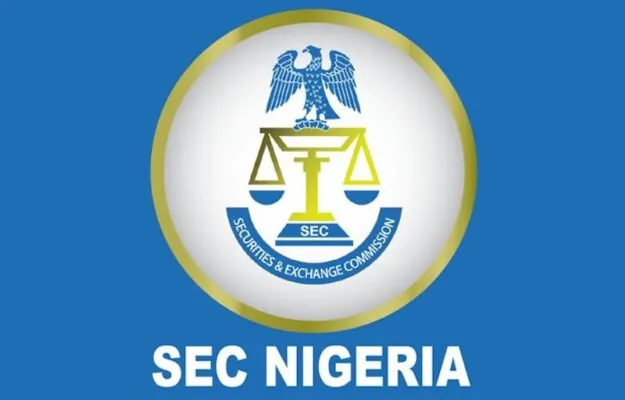In a sweeping move to clean up Nigeria’s troubled investment sector, the Securities and Exchange Commission (SEC) has announced a major crackdown on seventy-nine (79) suspected Ponzi schemes operating across the country. The operation, which has been described by analysts as one of the boldest in recent times, signals a renewed commitment to restore investor confidence and protect citizens from fraudulent financial operations.
The Commission, in an official disclosure made public on Monday, confirmed that these entities were found operating without proper registration or regulatory oversight, in clear violation of Nigeria’s capital market laws. The SEC stated that most of the organizations were luring Nigerians with promises of “mouth-watering returns” and “risk-free profits” – tactics commonly associated with Ponzi and pyramid schemes.
💬 “This action is part of our zero-tolerance stance against illegal fund managers and investment fraudsters. These companies pose a grave threat to the financial wellbeing of individuals and the integrity of our markets,” the SEC said.
According to insiders, most of the identified firms have been using WhatsApp, Telegram, Facebook, Instagram, and even shady investment apps to recruit victims — mostly youths and small business owners looking for quick profits amid the current economic difficulties.
One such affected investor, Mrs. Ngozi Ebere from Enugu, shared her painful experience:
“They told me I would get 50% of my investment in 5 days. I started small but later put in over ₦700,000. Now, their website is gone, their customer care is dead, and nobody is responding on WhatsApp.”

The SEC’s latest crackdown also features a public notice listing the names of the alleged scam outfits. The Commission urged Nigerians to “verify before you invest” and avoid putting money in platforms or individuals not registered with the regulator.
⚠️ What is a Ponzi Scheme?
A Ponzi scheme is a type of investment scam where returns are paid to earlier investors using the capital from new investors, rather than legitimate business activities.
These setups eventually collapse once recruitment slows and new funds dry up — often leaving the majority of investors in huge losses.
Under Nigerian law, it is illegal to offer investment opportunities or collect funds from the public without appropriate licensing through the SEC. Yet, time and again, scammers in flashy suits and on Instagram live streams continue to woo Nigerians with glittering lies of financial freedom.
Government Moving In On Fraudsters

Industry watchers believe the move is long overdue. While the SEC previously issued warnings and blacklisted some platforms, this new measure involves a combination of law enforcement collaboration, digital surveillance, and investor education.
🔍 “This is more than just naming and shaming. We are working with the EFCC, NITDA, and DSS to ensure those involved face legal consequences,” a top official at the SEC confirmed anonymously.
The crackdown was welcomed by various stakeholders. Financial expert and analyst, Johnson Aina, commended the SEC for “finally taking firm action,” adding that “fraudulent schemes damage trust and discourage genuine investment in the economy.”
There has also been renewed calls for tougher penalties and speedier prosecution of operators of such schemes, many of whom resurface under new brand names after absconding with investors’ funds.
🗣️ QUOTE OF THE DAY:
“The best way to double your money is to fold it and put it back in your pocket.” — Will Rogers
As digital platforms continue to reshape how Nigerians invest, experts say financial literacy is now more important than ever. The SEC has promised to roll out a nationwide awareness campaign by the end of the quarter, targeting both urban and rural areas, to help citizens identify safe investment practices and spot the red flags early. For now, Nigerians are encouraged to remain vigilant, avoid get-rich-quick schemes, and confirm all financial service providers through the SEC’s online portal or helpline.
